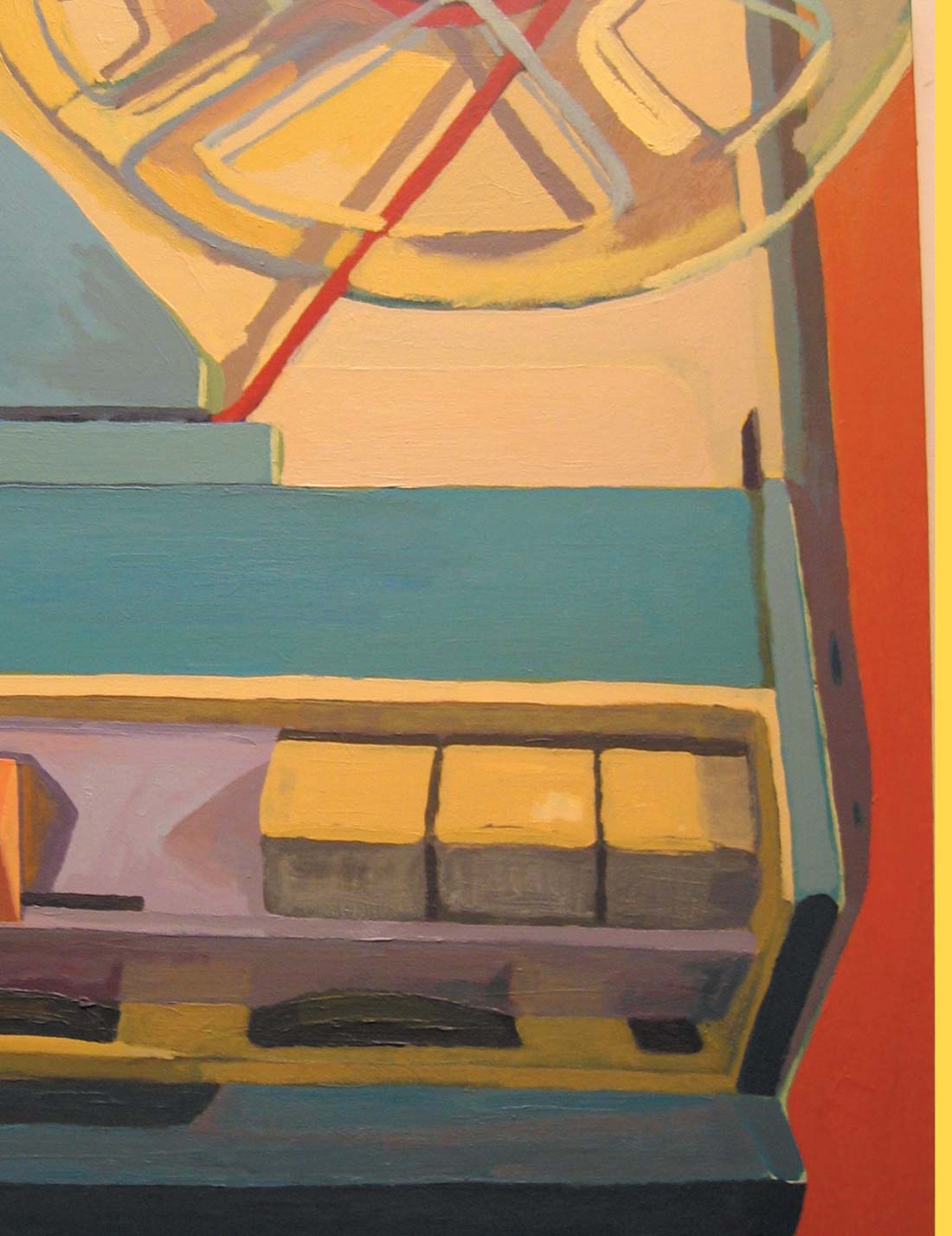I get a lot of letters asking "what should I buy next?" I'm hardly ever in a position to give such advice. But I also get questions like "what's a good starter compressor?"- which is a bit easier to address. One of my new suggestions is BBE's MaxCom. The MaxCom is a stereo compressor, limiter, gate, expander unit that also includes a BBE Sonic Maximizer circuit. This box streets for less than $200.
For beginner recordists, the MaxCom has two great advantages: the manual and the auto attack/release settings. The manual is well written and illustrated. In addition to explaining the unit's features, it includes sections on compressor theory, the background of the Sonic Maximization circuit, and pages and pages of real-world applications for the MaxCom. If you're just starting out, read this manual front to back; then do it again. As for the automated attack and release buttons, they are nice to "set and forget" if you're a compression novice. But after a while, you'll realize that the true power of a compressor comes from those two parameters, and leaving them up to whatever chip BBE employs to do the "auto" thinking isn't always a good idea.
In use, the first thing that struck me was how quiet the unit is. Actually, the first thing that struck me was cosmetic. The panel, which is primarily red with white lettering, is streamlined and easy to read. However, to say the knobs are flimsy would be a compliment. All the pots for each channel are mounted on the same board and are not attached to the front panel. Consequently, a gentle touch is required when making adjustments. Otherwise moving one knob causes all of the others to wiggle in and out in unison. The meters are well-lit bar-graph LED's-although they seem to be rather coarse in their precision.
The concept behind BBE's Sonic Maximizer circuit is beyond the scope of this review. Suffice it to say the process fiddles with the phase and amplitude of high and low frequencies in an effort to better "align" them. The theory holds that changing the phase of the harmonics can increase the overall impact and clarity of a recording. For the first-time user, it sounds like a simple tone control, with the low-contour knob boosting the low end and the process knob adding to the high end. It's kind of like a really cool spice that can be used to bring out a sound, but too much can ruin the whole dish. For example, the Sonic Maximizer makes snare drums, guitar solos, and even backing vocals somehow "more vivid" than other elements of a mix. This can be especially useful in a remix situation.
While auditioning the unit, we started to call it "the poor man's Drawmer." In many aspects, the units are similar; both have sidechains, gates, and an overall workhorse approach to compression. Both units were good utility compressors, but particularly good on snare drum and electric guitar. Compared head-to-head with a Drawmer, the MaxCom's compression was respectable, although not as three-dimensional and realistic as the Drawmer's.
Speaking of comparisons, invariably, some of you are wondering how the MaxCom holds up against the Really Nice Compressor (RNC), which is also in this price range. In short, the MaxCom has more features, is rackmountable, and is a much better limiter than the RNC. Whereas, the RNC has better construction, features even quieter operation, and imparts less sonic coloration. Ideally, try to buy one of each.
Complaints about the metering and knobs aside, this is a nice unit. For a compressor to sell at around $200, some corners have to be cut. While some vendors might opt to make sacrifices in the sonic department, BBE shoved every bit of audio quality they could into this unit at this price point. It's a great unit to start with-and one you won't regret having as a second or third compressor later on. ($329.99 MSRP; www.bbesound.com)




_disp_horizontal_bw.jpg)